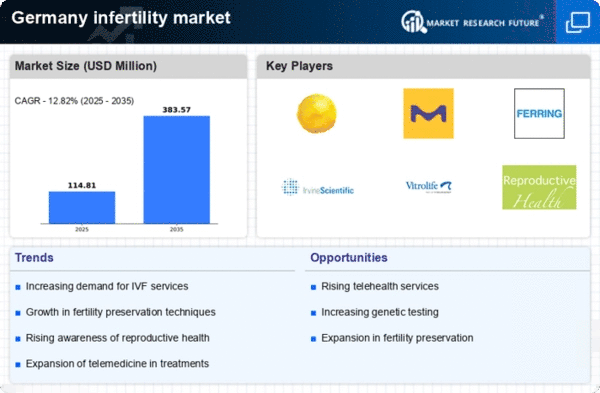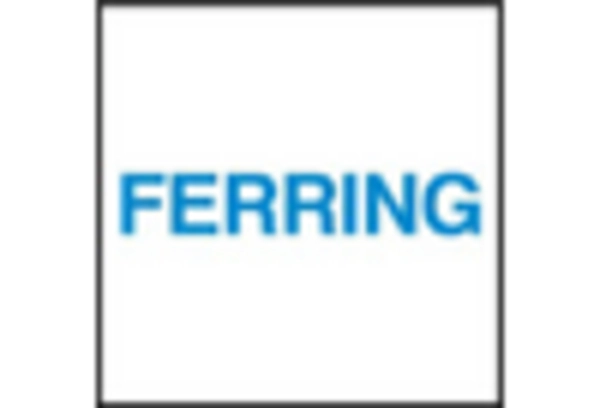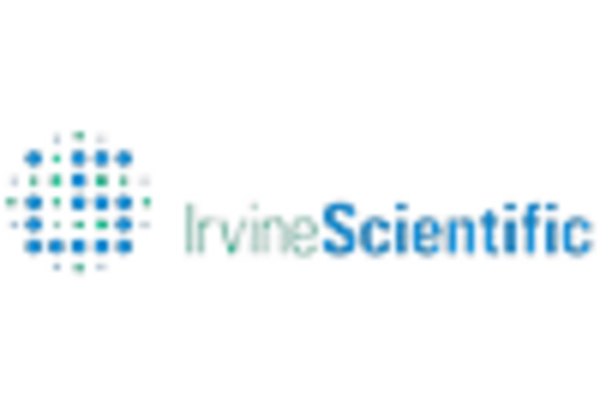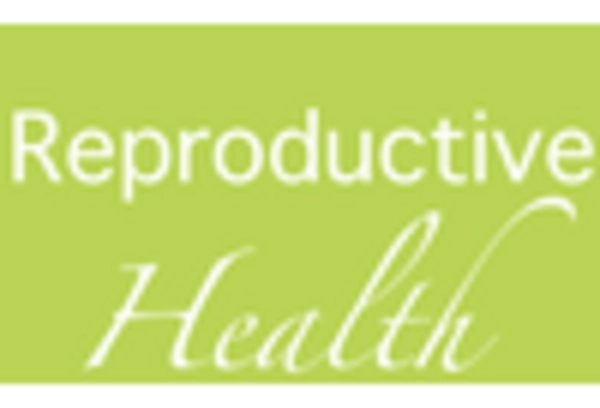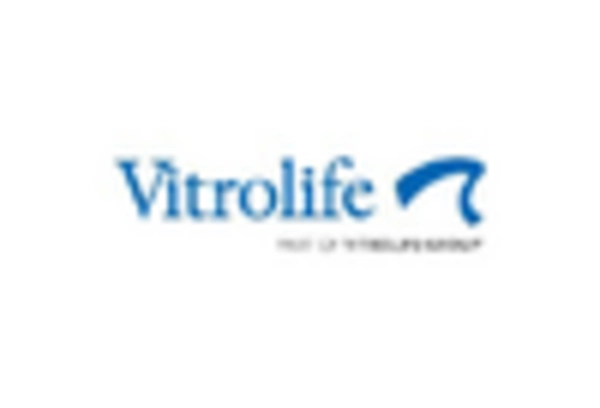Changing Societal Norms
Shifts in societal norms regarding family planning are influencing the infertility market in Germany. As more individuals prioritize career and personal development before starting families, the average age of first-time parents has increased. This trend has led to a higher incidence of infertility, as age is a critical factor in fertility. In 2025, it is projected that the average age of women giving birth for the first time will reach 31 years. This demographic shift is likely to result in a greater demand for fertility treatments, thereby propelling the growth of the infertility market.
Rising Infertility Rates
The infertility market in Germany is experiencing growth due to rising infertility rates among couples. Recent data indicates that approximately 15% of couples in Germany face difficulties in conceiving, which has led to an increased demand for fertility treatments. This trend is further exacerbated by lifestyle factors such as delayed childbearing, obesity, and environmental influences. As more individuals seek assistance, the infertility market is likely to expand, with a projected growth rate of around 5% annually. This rising prevalence of infertility is prompting healthcare providers to enhance their offerings, thereby driving innovation and investment in the sector.
Government Support and Funding
Government initiatives aimed at supporting reproductive health are playing a crucial role in the infertility market in Germany. Recent policies have focused on increasing funding for fertility treatments, making them more accessible to a broader population. In 2025, it is anticipated that government subsidies for IVF treatments will cover up to 50% of costs for eligible couples. This financial support is likely to encourage more individuals to seek treatment, thereby expanding the market. Additionally, public awareness campaigns about infertility and available treatments are expected to further stimulate demand within the infertility market.
Advancements in Reproductive Technologies
Technological innovations are significantly impacting the infertility market in Germany. The introduction of advanced reproductive technologies, such as in vitro fertilization (IVF) and intracytoplasmic sperm injection (ICSI), has revolutionized treatment options. In 2023, the IVF success rate in Germany was reported to be around 30%, which is encouraging for couples seeking assistance. Furthermore, the integration of artificial intelligence and genetic screening in fertility treatments is enhancing success rates and personalizing patient care. As these technologies continue to evolve, they are expected to attract more patients, thereby contributing to the growth of the infertility market.
Increased Investment in Fertility Clinics
The infertility market in Germany is witnessing a surge in investment in fertility clinics. With the growing demand for assisted reproductive technologies, private and public sectors are allocating more resources to establish and expand fertility centers. In 2025, it is estimated that the number of fertility clinics in Germany will increase by 20%, reflecting the rising need for accessible fertility services. This influx of investment is likely to improve the quality of care and expand treatment options available to patients. Consequently, the enhanced infrastructure and services are expected to drive the growth of the infertility market.


